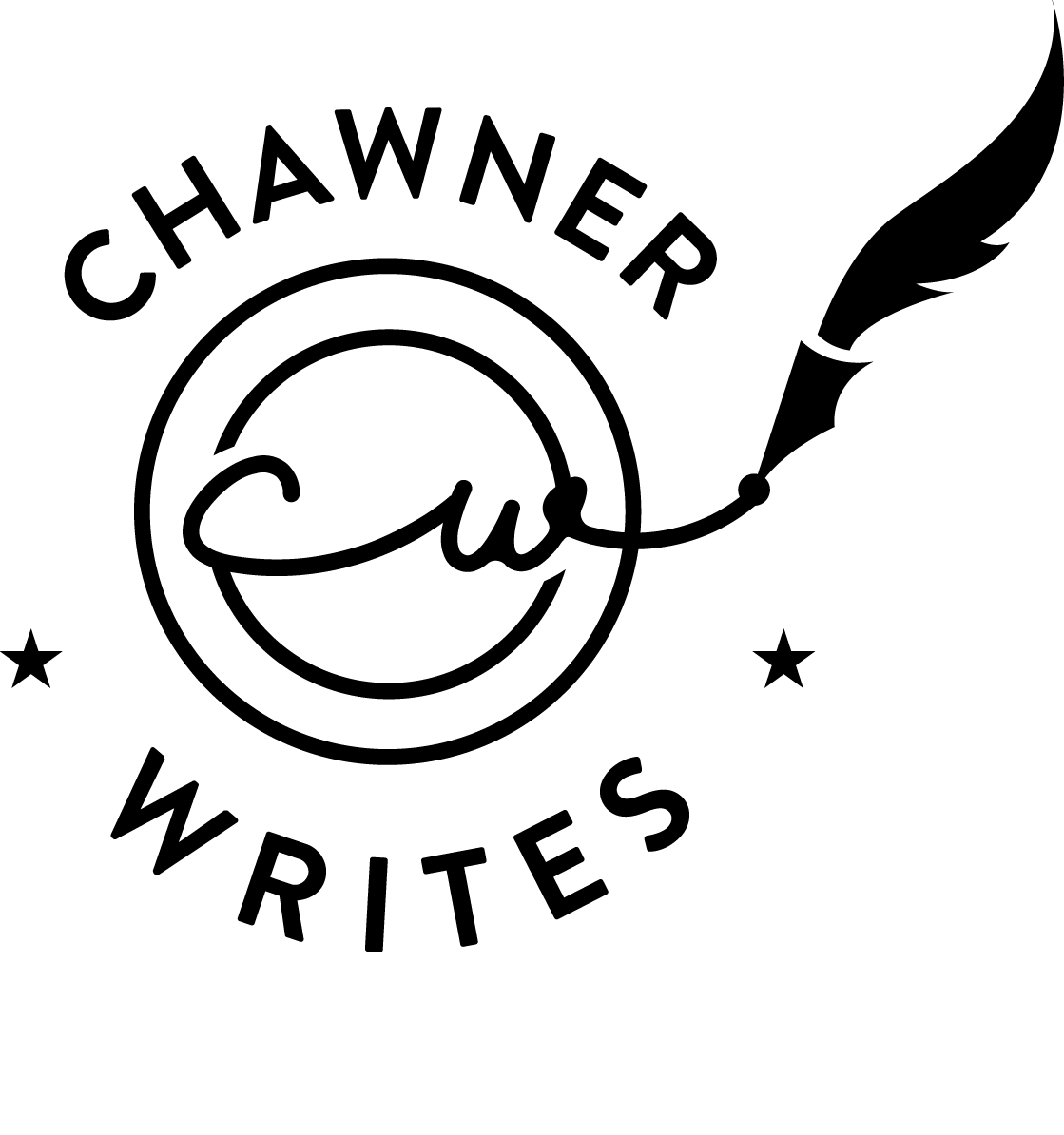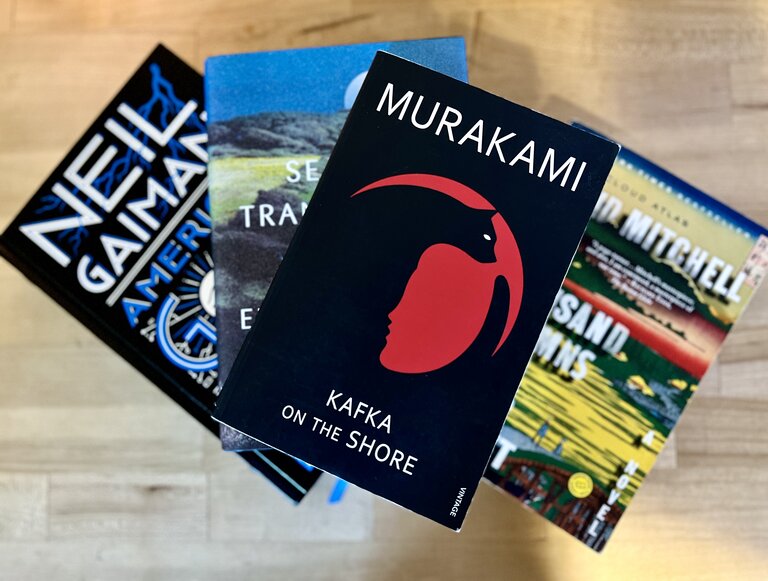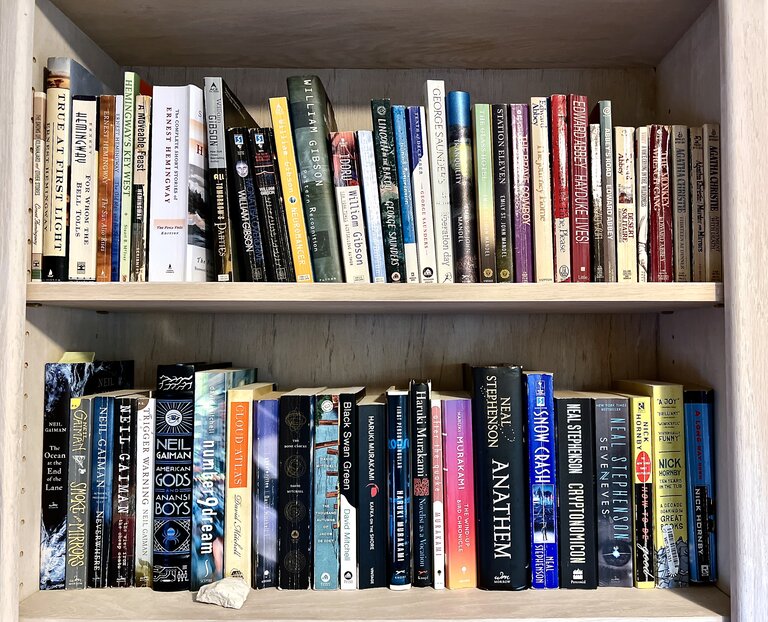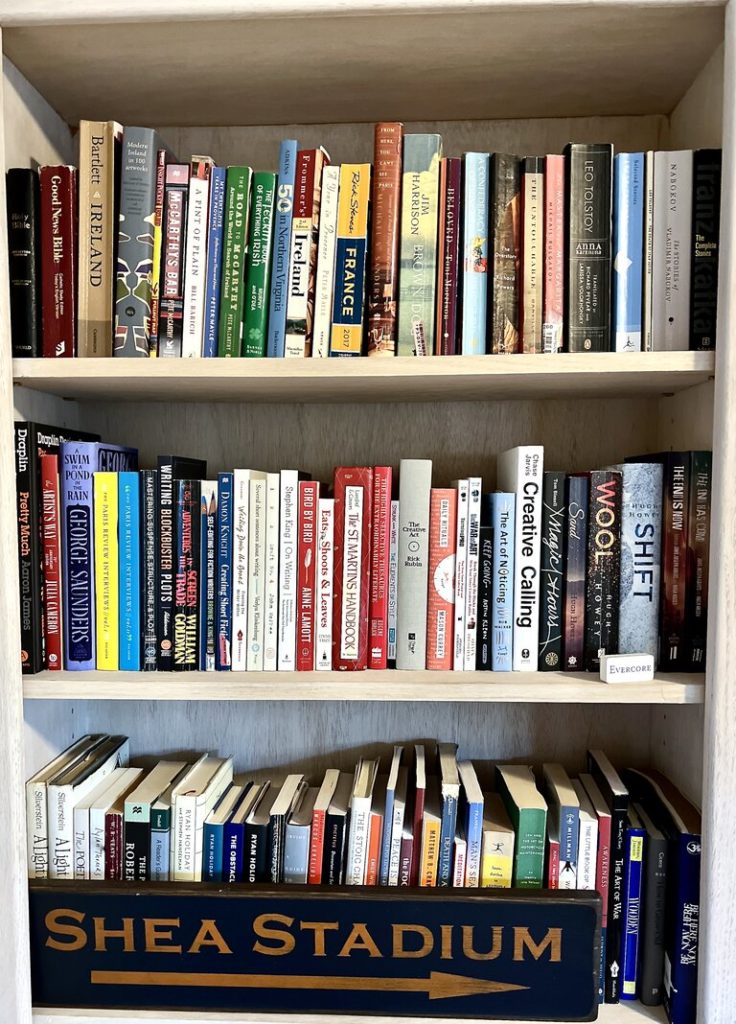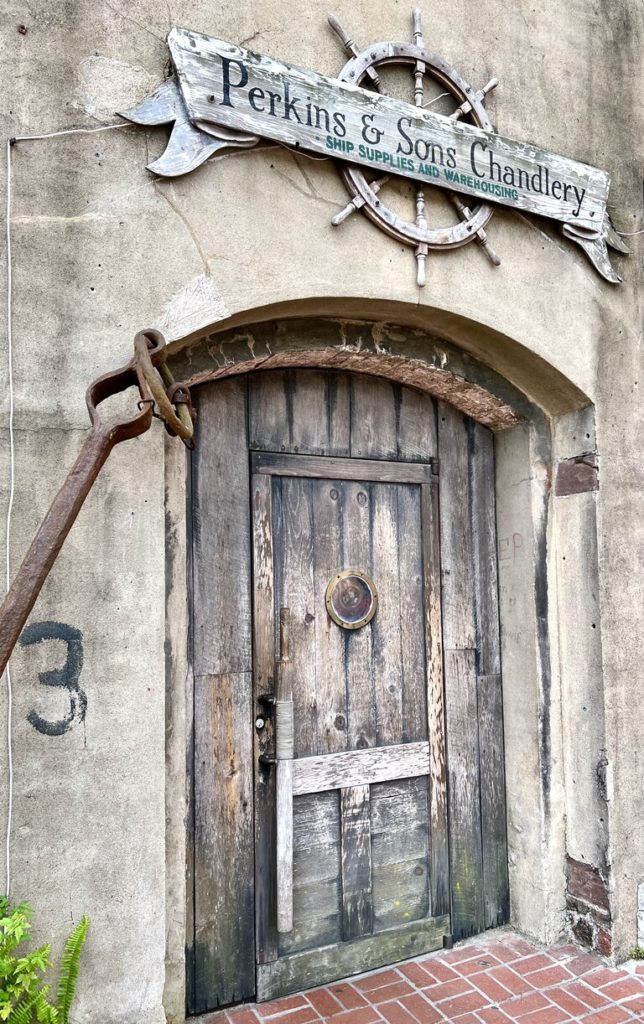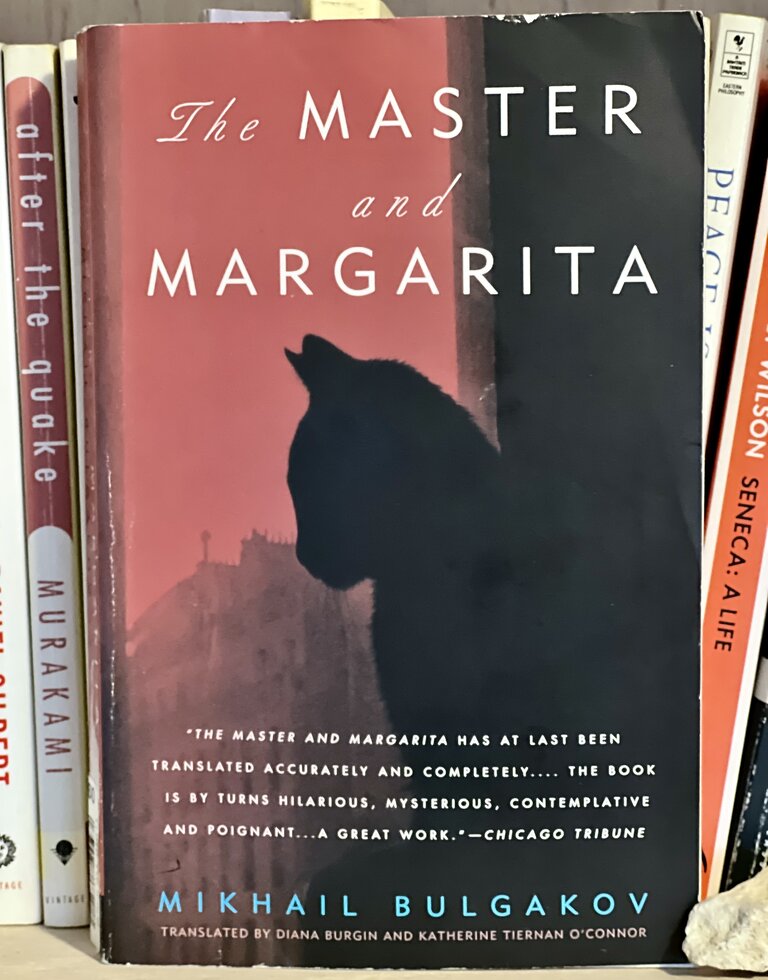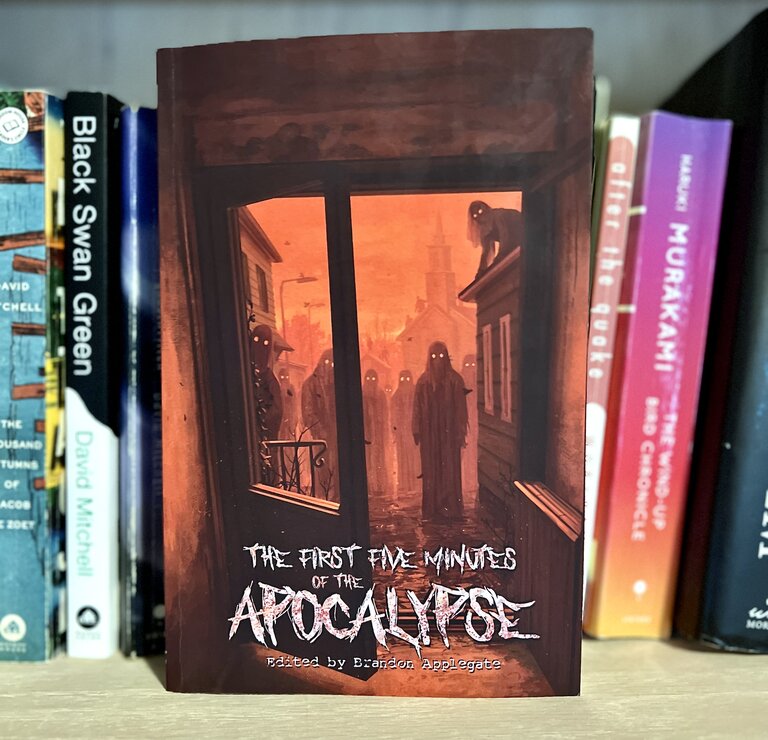
I have a personal connection to this book. I came across the following call for submission back in January 2023:
“We want that (apocalypse) story. It doesn’t matter how this thing started, what caused it, or where it came from. That’s not what we’re after. We want the experiences, the points of view, the wild, weird, disgusting, disturbing, beautiful, heartbreaking things that happened at the very beginning of the end of the world.
…
Short horror, weird, dark fiction between 1500 and 4000 words (firm limit) that deal with a fictional apocalypse.
The story must take place within a short period of time (less than a day) at the beginning of a fictional apocalypse. The story shouldn’t be the inception point or the origin of the apocalyptic event. It shouldn’t even be about the event itself. Rather, it should be about when it all started for the POV character(s). Make it personal. Make it weird. Make it disturbing. Make it beautiful. We’re gonna get a lot of zombies, so points for originality.”
Bingo! Right up my alley. I set most of my stories in a post-apocalyptic world. I wrote a story called “Through the Fog”; about 2500 words about a pair of men left alive in their rural town after a purple fog rolls through.
I worked on 2 other contest stories at the time… but was careful to prioritize the stories based on due date. I completed Through the Fog on time but, but, but… never submitted. I don’t know how I neglected to send the entry. Sadly, I didn’t realize this for months. I was actively waiting for a response from the editor, which, of course, never arrived.
After my self-directed anger subsided, I ordered the book. The First Five Minutes of the Apocalypse is from Hungry Shadow Press and edited by Brandon Applegate. I didn’t know what to expect in terms of quality; the press was new to me and the turnaround time from the end of the contest to publication was just a few months. The collection of stories is quite good, and the quality of the storytelling and editing is high.
Each story envisions the apocalypse differently. Disease, aliens, nuclear war, etc. One of the most interesting was Estrangements by D. Matthew Urban; the apocalypse is something that tricks human minds into seeing monsters instead of other humans. The Scream from Andrew Cull is a well-done “classic” PA tale of a family trying to escape a paralyzing agent that captures victims in a hideous muscle-lock, while navigating lawlessness. The Door in the Basement is even weirder.
The collection has recurring themes. Two stories from the POV of animals. Two stories featuring wives very upset with their partners. The recurring theme that hits the hardest is regret. Lost Time by Eoin Murphy is the best example and my favorite story in the collection; facing the end of everything, do you regret how you spent your time? Chasing career advancement in the office on a Saturday?
I enjoyed the collection. It’s an interesting angle to take in the PA space. The stories are the right length and of good quality. I only skipped gave up on two stories, a high hit rate for a collection. Would my story made the collection? Maybe. We’ll never know.
